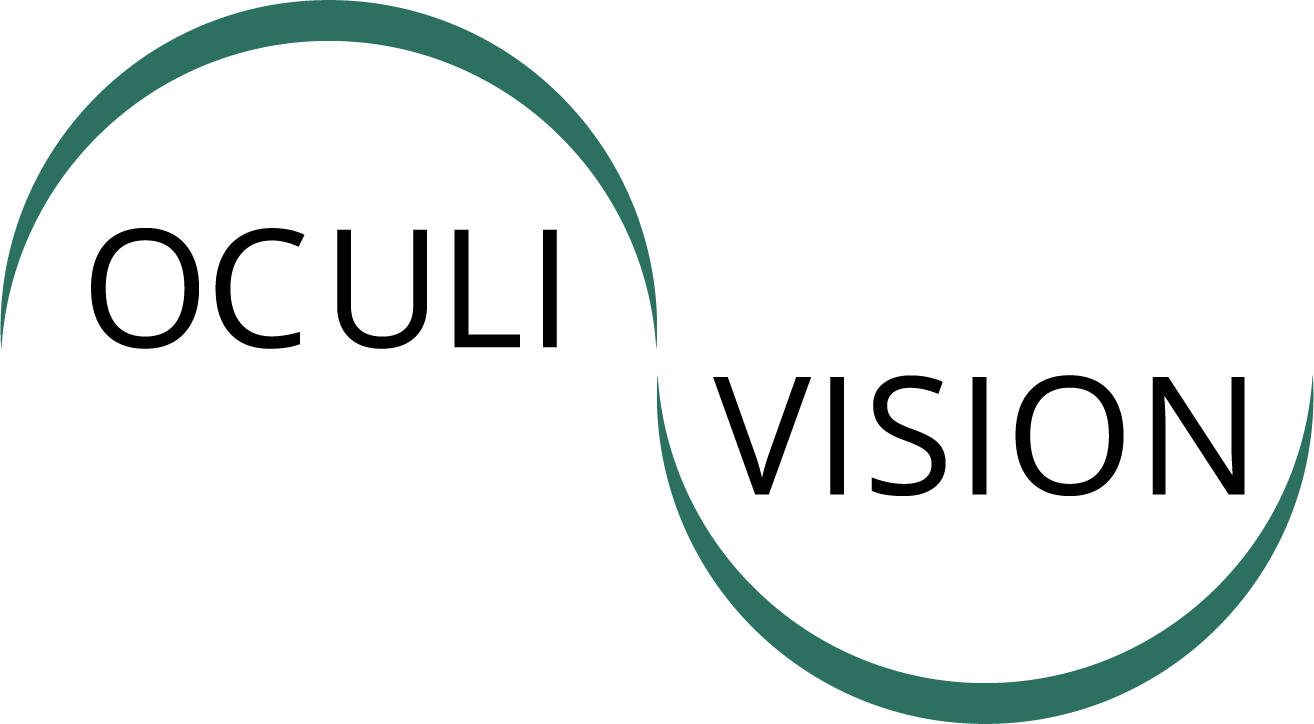It’s only natural to feel worried if you experience blurry vision. While this symptom might only be minor and temporary, it can sometimes indicate a more severe underlying condition. Understanding what causes blurry vision can empower you to take control of your eye health at any age. It may also encourage you to remain calm in the face of undiagnosed issues. Here are some of the most common causes of blurry vision from our experience.
Causes of Blurry Vision
Blurred vision can occur suddenly and without warning. Although it’s rarely life-threatening, it can negatively affect anyone’s quality of life, especially if not addressed quickly. That’s why it’s so essential to pay attention to any changes in your vision as you age. Blurry vision may be attributed to any number of the following causes.
1. Refractive Errors
Some of the most common causes of blurry vision involve issues with refraction. This is the process by which light is bent and focused on the retina at the back of one’s eyes. Refractive errors affect people of all ages, and they vary widely in severity. Luckily, many of them are easily resolved with corrective eyewear or prescription contact lenses.
According to the National Eye Institute, refractive errors affect
more than 150 million Americans today. They’re also considered to be the world’s most prevalent kind of vision problem, estimated to cause as much as
43% of visual impairments across the globe. Common types of refractive errors include
nearsightedness, farsightedness,
astigmatism, and age-related presbyopia.
2. Age-Related Conditions
Vision often changes noticeably over time. Every day, our eyes are subjected to countless potential hazards, from heat, cold, and UV rays to dust, allergens, and chemical fumes. Eyes are fragile organs, and their delicately balanced structures tend to weaken with age. It’s no wonder why blurry vision often affects older adults.
Many age-related conditions can cause blurry vision and even vision loss. These include
glaucoma,
cataracts, and
macular degeneration. Prompt treatment for these conditions is often necessary to prevent or minimize permanent loss of vision.
Chronic dry eye can also cause blurry vision in some cases.
3. Physical Trauma
Another widespread cause of blurry vision is contact injury. Accidental lacerations and blunt injuries often result when objects or substances impact the eye. Blunt trauma frequently occurs while playing sports, and it can sometimes cause a concussion. Following a concussion, blurry vision can arise alongside other visual symptoms such as dizziness, eye pain, double vision, and light sensitivity.
Keep in mind that exercise unrelated to contact sports can also lead to vision changes. Simply running, swimming, lifting weights, and other strenuous physical activity often raises blood pressure, which may cause temporary vision disruptions. Contact your eye doctor if these symptoms don’t resolve after resting.
4. Diabetes
Systemic conditions like type 1 and type 2 diabetes can affect multiple organ systems, including the eyes. Diabetic patients, in particular, often experience rapid changes in blood sugar levels. This may affect the shape of their eye lenses, which can cause temporary blurry vision until their blood glucose stabilizes. Over time, mismanaged blood sugar levels can lead to
diabetic retinopathy, a severe condition which is the
leading cause of blindness in working-age adults.
5. Neurological Disorders
Clear vision relies on a healthy nervous system. Light enters the eye, focuses on the retina, stimulates the optic nerve, then sends signals directly to the brain. Any disruption along the way can affect the quality of anyone’s vision. Common neurological causes of blurry vision
may include migraines, optic neuropathies, temporal arteritis, chiasm disorders, and eye movement disorders such as nystagmus.
Ask Us about Eye Exams
Blurry vision is rarely a cause for alarm if it resolves within a few hours. However, chronic blurry vision may indicate any number of severe underlying conditions. It’s critical to visit an optometrist
at least annually, and especially if your vision issue persists for more than a few days. We welcome you to
contact us for more information about blurry vision or to schedule a routine eye exam today.

